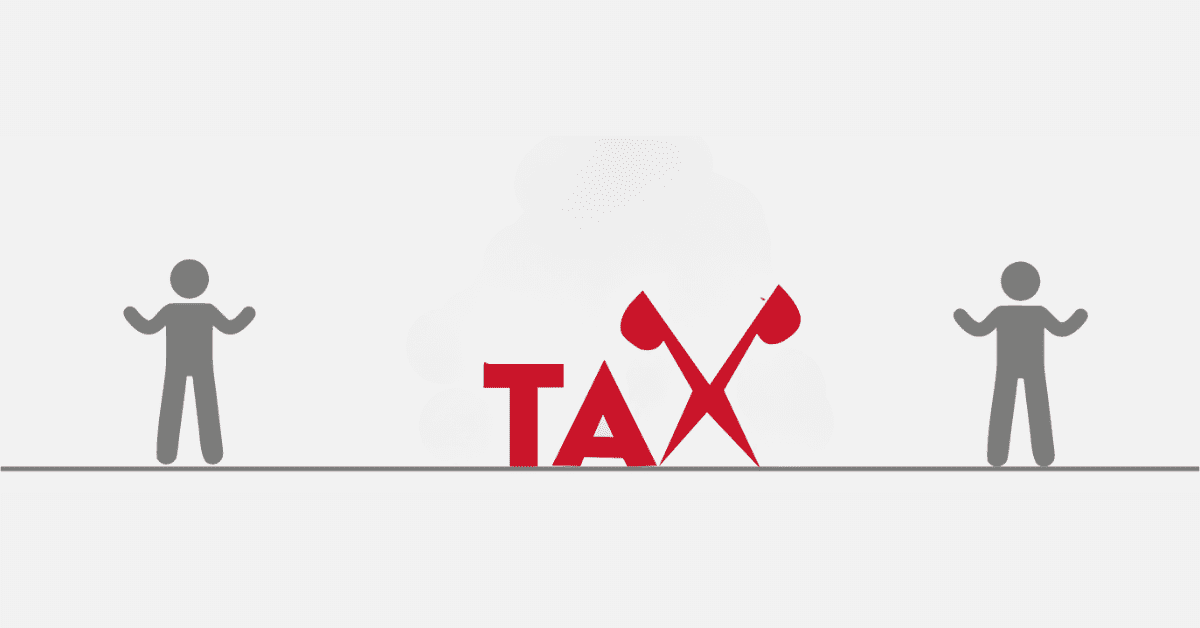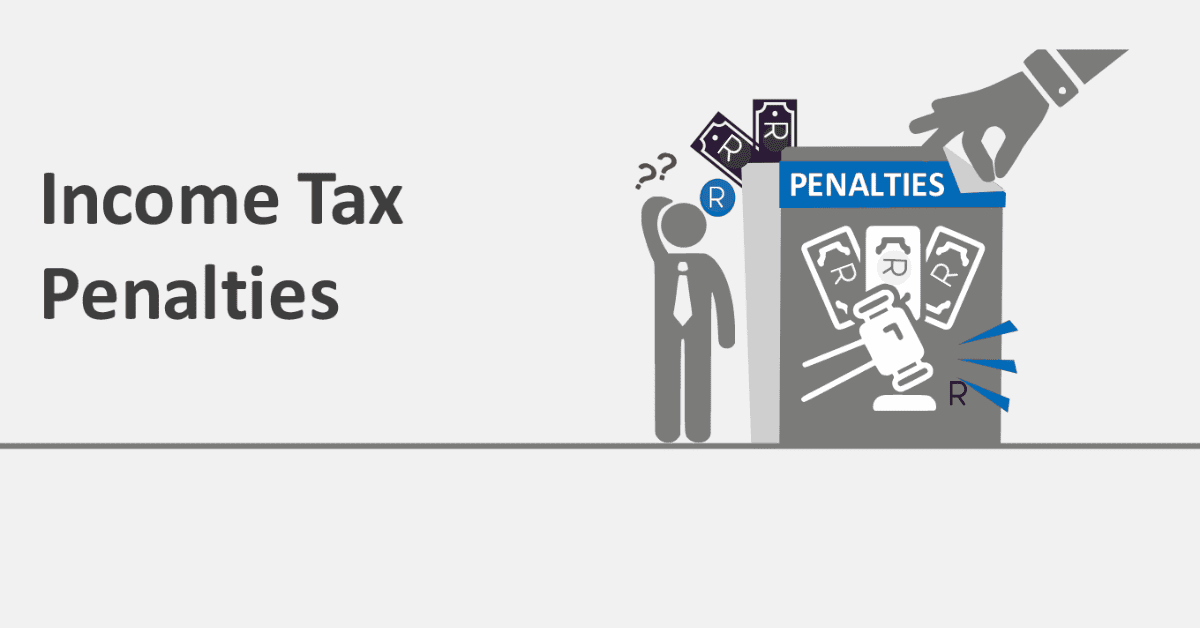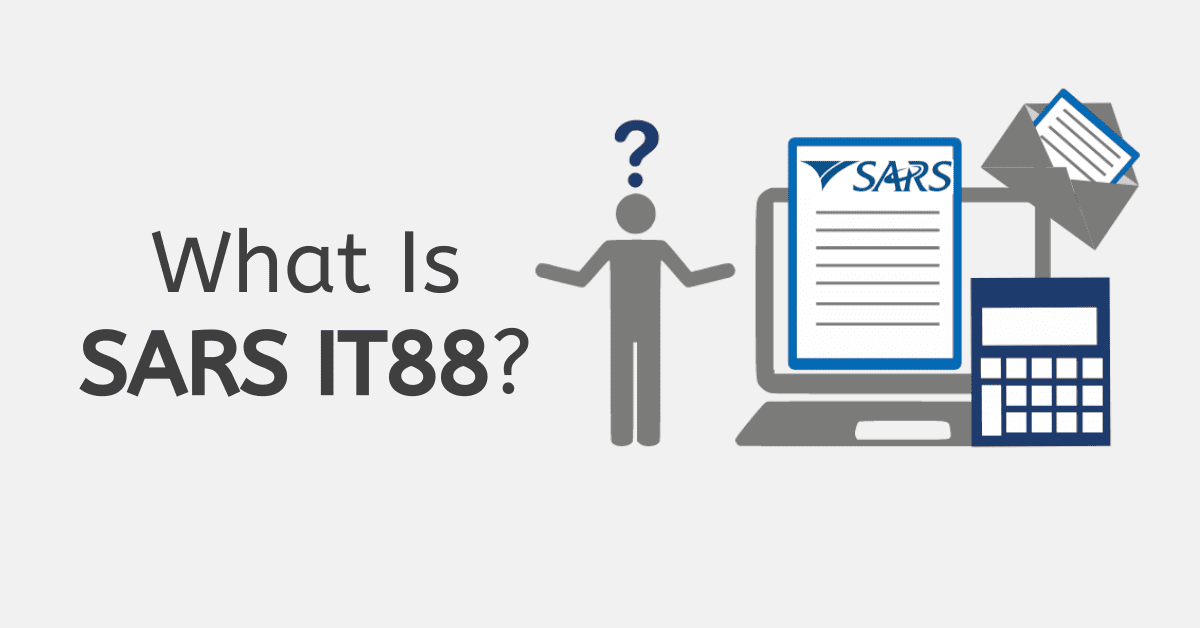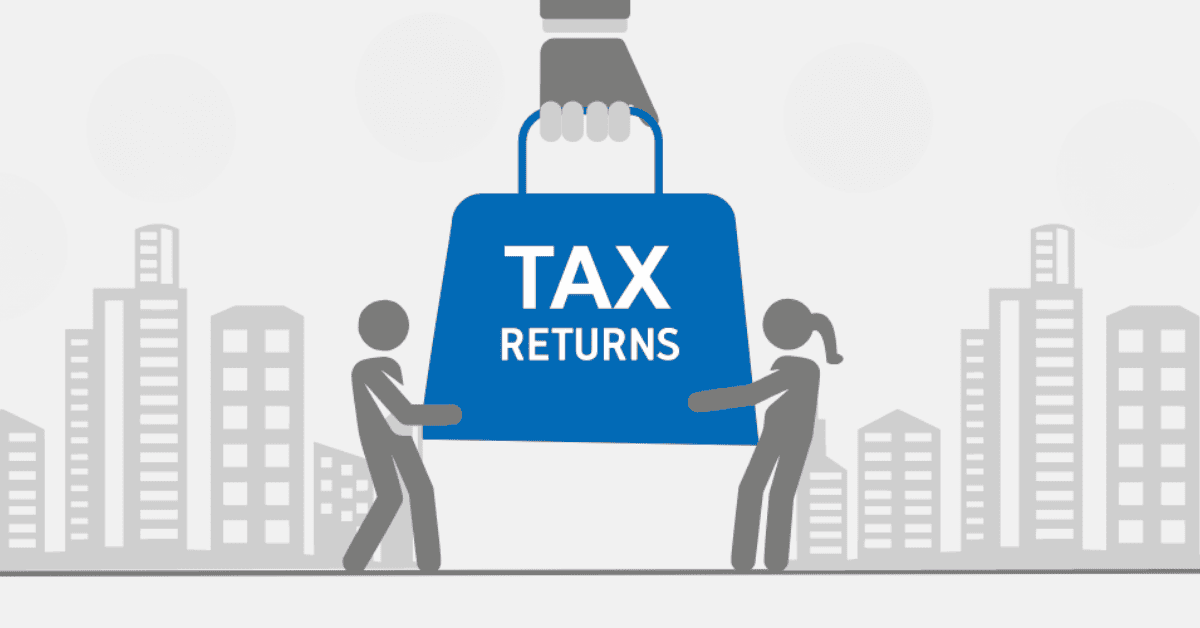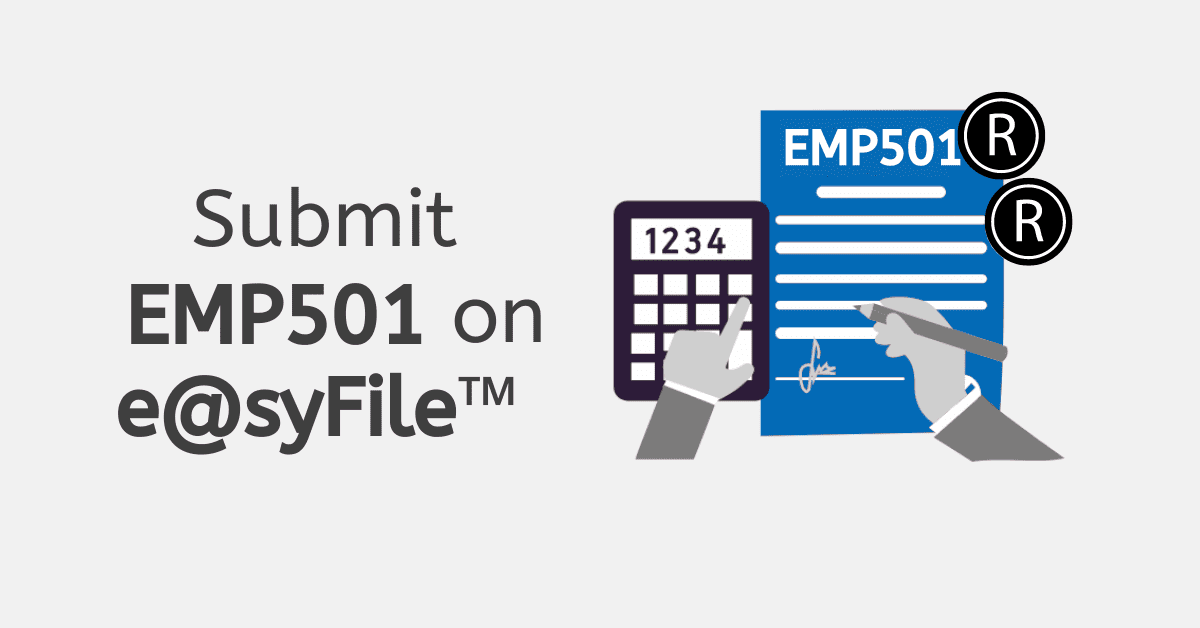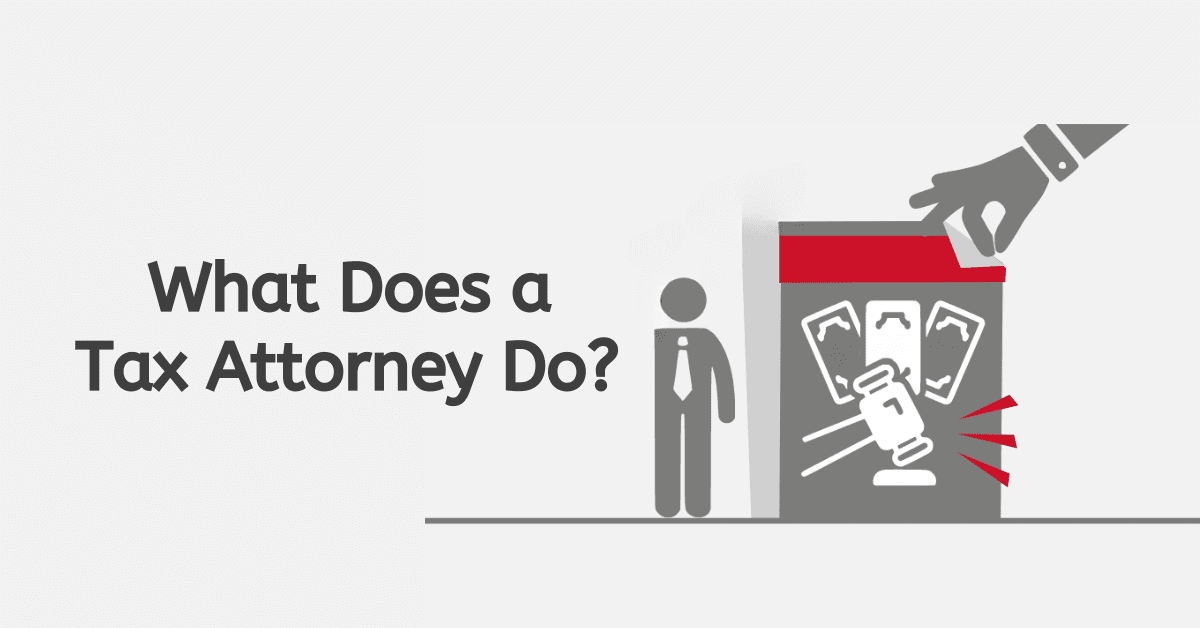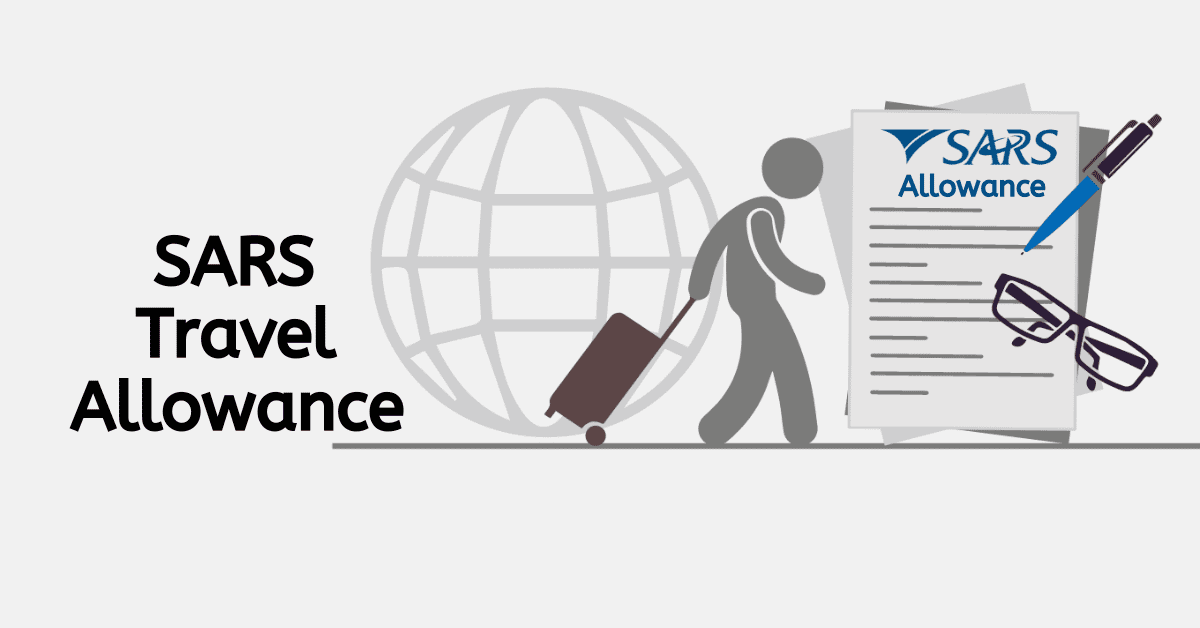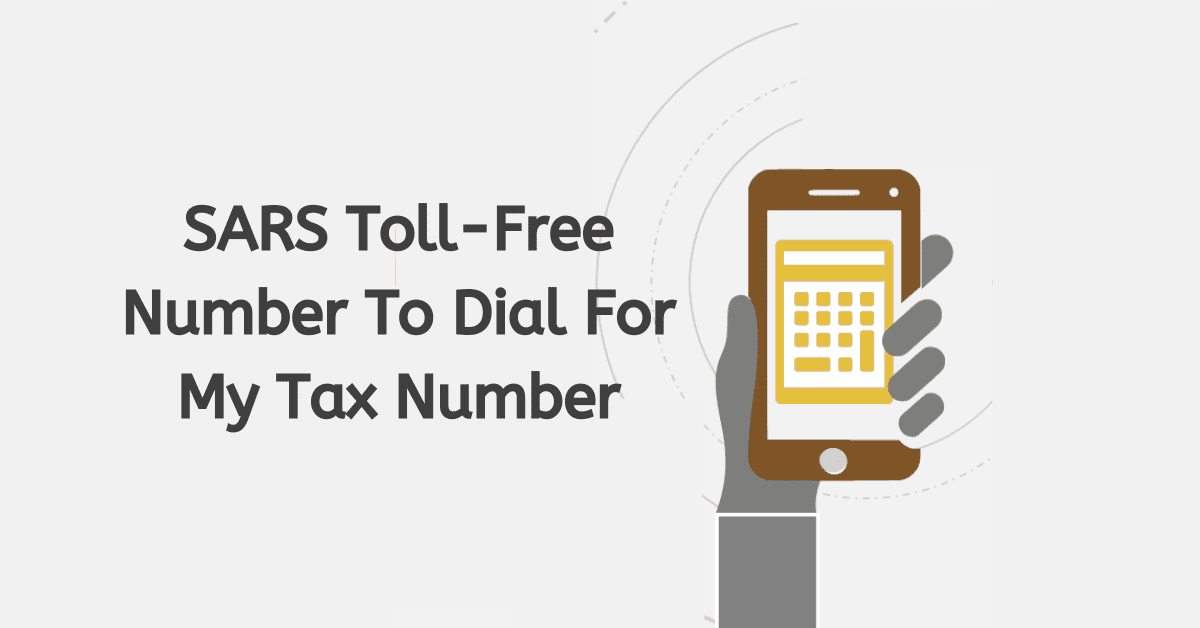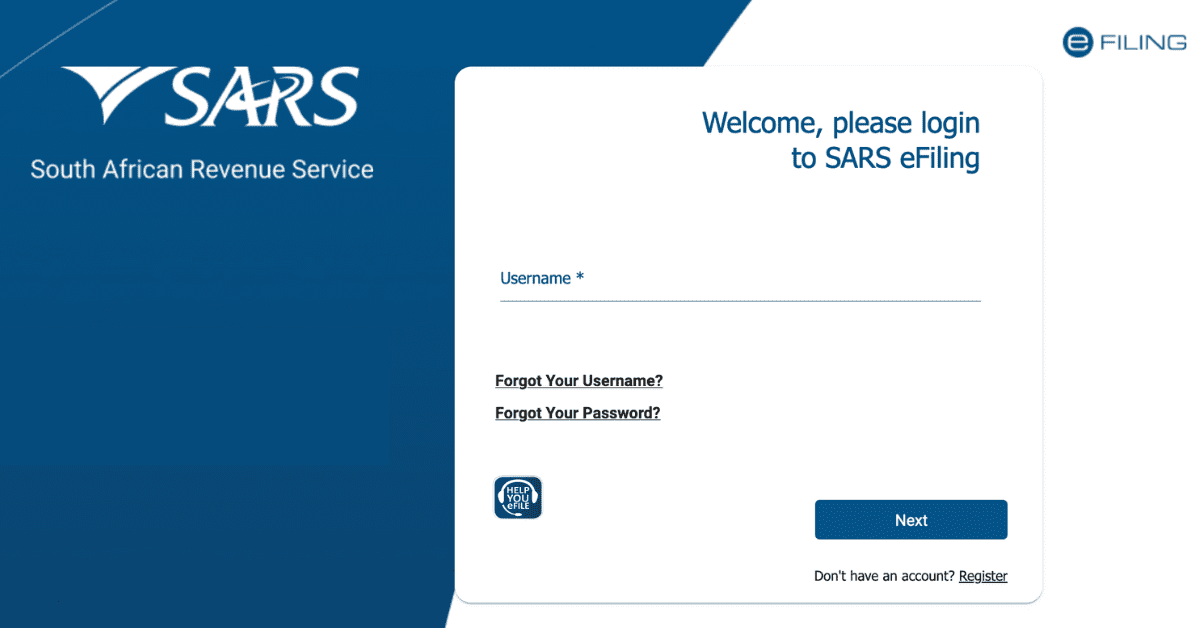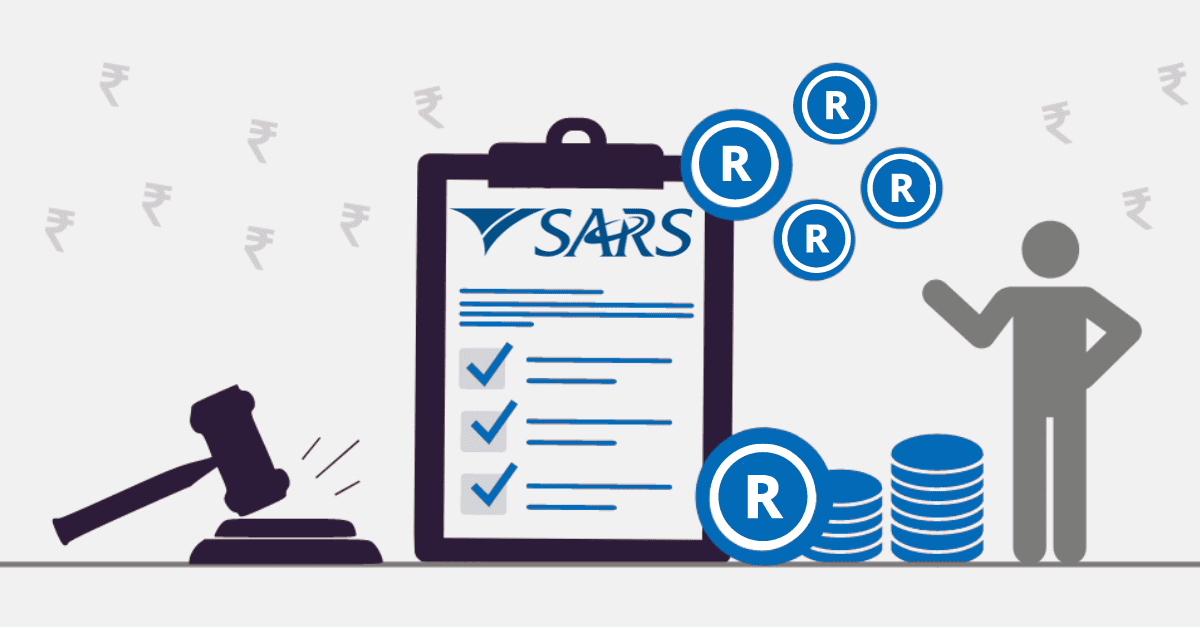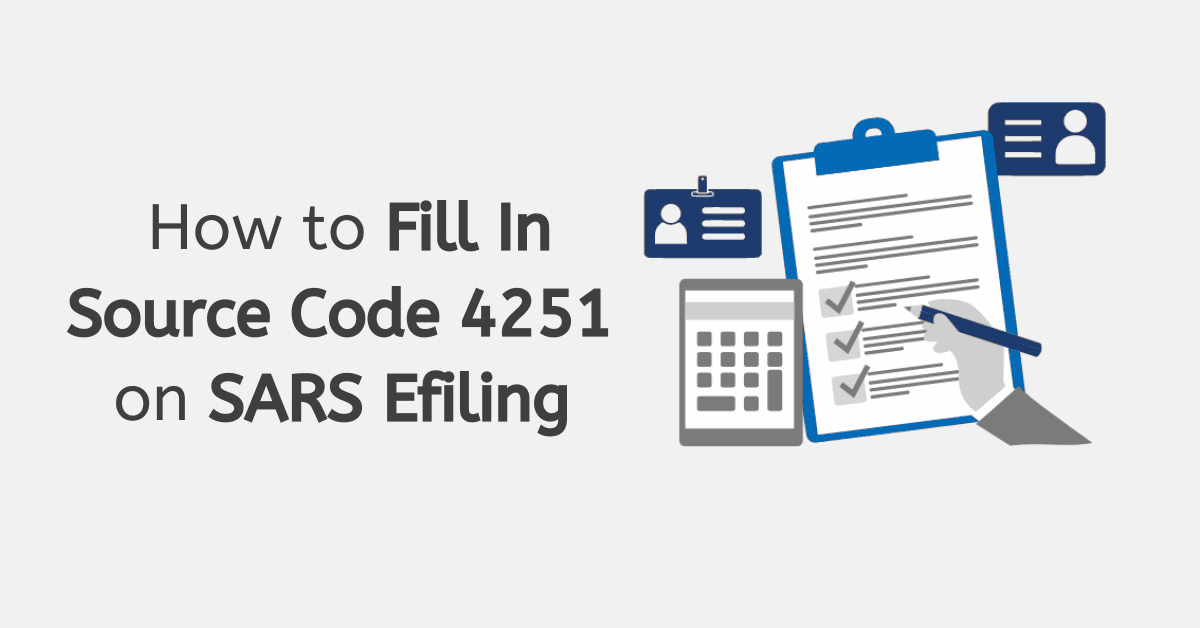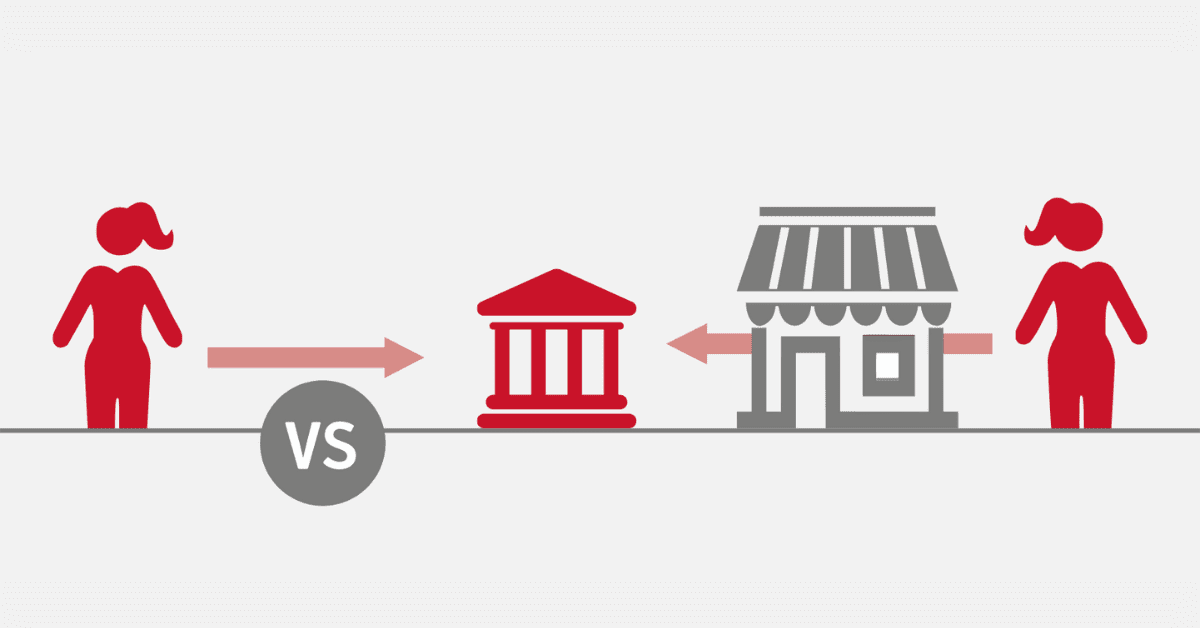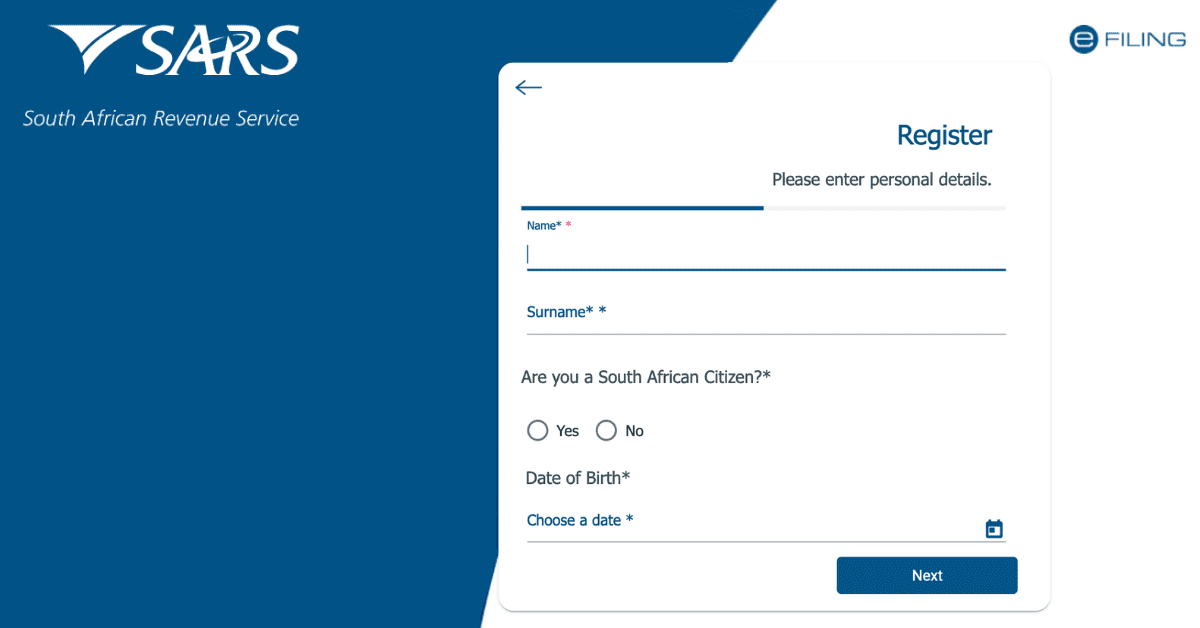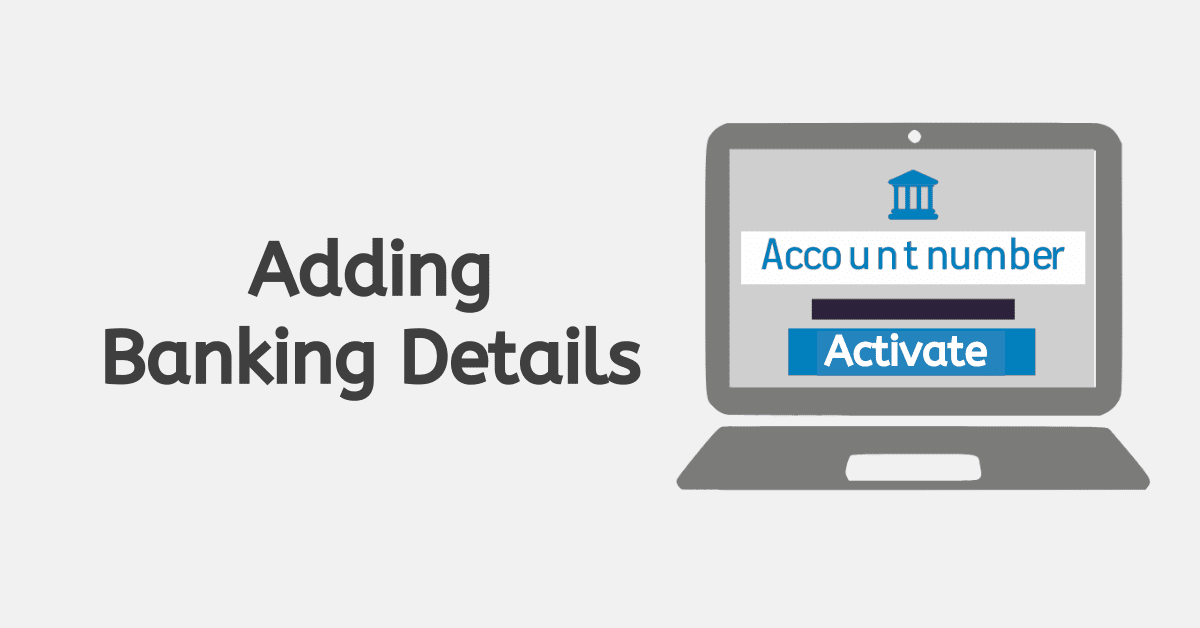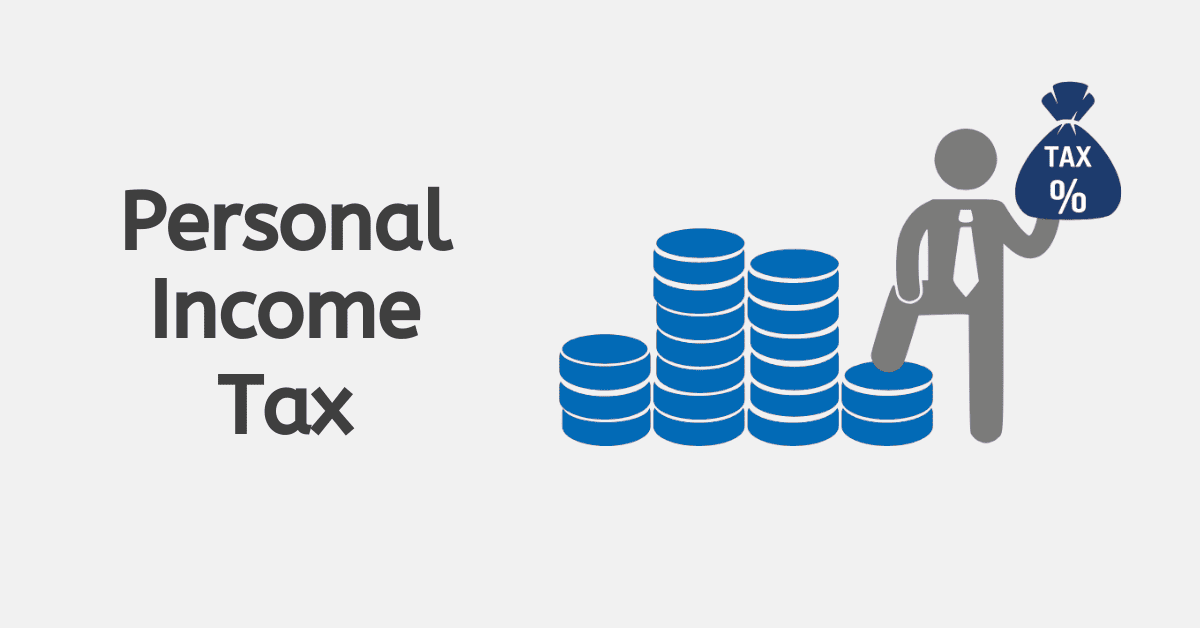Are you wondering why taxes are mandatory payments levied on individuals and corporations getting taxable income from the government? Taxes are the major source of revenue for governments the world over, and South Africa is no exception. Tax money is used to finance a wide range of government activities, such as building and maintaining infrastructure, funding public services, providing emergency services, and social welfare programs.
Why Do We Pay Tax in South Africa?
As a taxpayer, you play a critical role in building your country. No matter how much you pay in taxes, your contribution helps the government to meet the economic and social needs of people to ensure a better quality of life for everyone. The government uses tax revenue to provide public services like building and maintaining roads, pay salaries for civil servants, and provide police services and healthcare services to everyone.
The government is also responsible for providing better education, shelter, water, and electricity to improve the welfare of citizens. The less privileged members of the society also benefit from tax money through various social welfare programs rolled out by the government.
What Are the Four Most Used Tax Bases?
The four most used tax bases in South Africa include personal income tax, company income tax, value-added tax as well as customs and excise duty. Personal income tax contributes 29% of the revenue collected by the government. Every person who earns a taxable salary or wage pays income tax to SARS, but others are exempted.
Company tax contributes 27% of the government’s income. All registered businesses should pay 29% of their profits to SARS. Company tax is determined by factors such as the size of your business, industry, and revenue generated per year.
The value-added tax provides 26% of income collected by the government. All South Africans pay 14% VAT on almost all products they purchase. There are very few items that are exempted from VAT, such as fresh paraffin, bread, vegetables, and fruits. Whether you are poor or you earn money below the taxable threshold, you will still pay tax through VAT.
Customs and excise duty contribute 5% of the government’s revenue. When you import different goods from other countries, you will be liable to pay tax. The reason for imposing a duty on imports is to protect the local industry. These taxes are paid to SARS, which hands over the money to the treasury so it is distributed to different departments of the government as well as local government.
What Happens if You Don’t Pay Tax in South Africa?
If you don’t pay tax in South Africa, you may be prosecuted or face stiff penalties. The administrative penalties can range from R250 to R16 000 per month depending on your taxable income and amount standing. The charges recur for 35 months, and they come with interest. Therefore, you should make an informed decision to reduce your tax burden.
If you have several outstanding tax returns, you would rather apply for a voluntary disclosure program (VDP) to get relief from SARS so that you can settle your debts without pressure. SARS can also seek a garnishee from your employer to recover the money you owe from your salary. It can also access your bank account without your approval. One thing you should know is that you can never get away with SARS credit. To avoid trouble, be sure to file your tax returns
How Much Is South Africa Taxed Compared to Other Countries?
The average tax rate across different sectors in South Africa is about 22.4%. Like other nations, people who earn more money pay more taxes. The highest marginal tax rate is believed to be around 45%, which is similar to other countries such as China, United Kingdom, Switzerland, Australia, and South Korea. This marginal rate is higher than in other countries including the USA (37%), Canada (33%), and Brazil (27%). It is even higher than other neighbouring countries like Zimbabwe (40%), Mozambique (32%), Namibia (37%), and Botswana (27%).
What Does the Government Do With Tax Money in South Africa?
The South African government uses tax money in different ways including the following:
- Debt: The government spends about 8% of its revenue on debt repayment to settle debts inherited from the apartheid era and new loans. It also borrows money from local banks and international institutions like the IMF and World Bank for major infrastructure developments. If the government does not repay the money, it will not be able to get new credit, which can affect its operations.
- Education: The black South African government inherited an apartheid education system that was skewed in favor of the minority races. As a result, education is one of the biggest items on its budget accounting for about 17% to correct the past anomalies. The money is used for the construction and maintenance of learning facilities and to cover salaries for teachers.
- Health: It takes up to 11% of the budget to help the government provide free healthcare services to vulnerable groups like children, the unemployed, and elderly people. About 20% of the adult population is HIV positive, and the government plays a critical role in fighting this pandemic.
- Social welfare takes about 15% of the government’s expenditure. About 12 million people get different grants from the government, which include social grants, poverty relief work, and old age pensions.
- South Africa spends about 7% of its budget on housing to provide affordable accommodation to its citizens.
- Security: The government spends about 13 of its revenue on protection, which covers the Defence Force, police, courts, prisons, and intelligence services. Crime is rampant in South Africa, and it is a cause for concern.
- Economic development: Part of the tax money is channelled toward economic development, such as infrastructure projects to create employment.
- The government uses tax money to cover other aspects such as parliamentary services, provision of public services, emergency operations, and improved welfare of the society at large.
Revenue collected from taxes by SARS plays a crucial role in the development of different sectors across South Africa. The government is responsible for implementing developmental projects like building and maintaining infrastructure, promoting economic growth, and providing health and social welfare services. Therefore, you must play your part by filing your taxes on time to contribute to its development.
